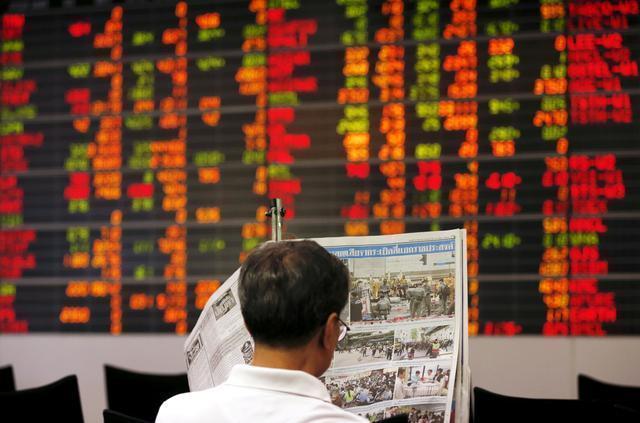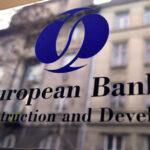The Consumer Price Index (CPI) increased monthly by 11.1% in January. Annual inflation, which has reached its highest level since 2002, jumped to 48.69% due to price hikes. The Domestic Producer Price Index (D-PPI) skyrocketed to 93.53% in January on an annual basis due to the adverse effect of the surge in raw material and energy prices. Thus, the difference between the annual CPI and the D-PPI, which is among the major problems faced by industrialists, reached 45.0 points. The price hike in intermediate goods of manufacturers was 106% while energy costs rose by 142% in the last 12 months. These two items led to the D-PPI seeing a record high. Manufacturers told daily DUNYA that they can’t reflect the CPI-D-PPI difference on the final product and that this situation adversely affects their profitability. Business world representatives, who said they are in the midst of a price battle in the domestic and foreign markets and can’t create costs, called for a policy to balance the CPI-D-PPI difference.
Inflation has yet to reach its peak. Annual inflation will exceed 50% in February and the peak may hover around 55% to 65% in May-June, according to market estimations. Moreover, the U.S.-based international credit rating agency S&P Global has revised upward its average inflation forecast for Turkey to 49.5% for 2022 and 14.5% for 2023. The investment bank and financial services company JPMorgan estimates inflation to hover around 50% in Turkey until November.
Monthly CPI exceeded market forecasts, which hovered around 9.98% for January. Considering the main expenditure groups, the increase stemmed from the foreign exchange (FX) rate transitivity, seasonality, and the supply problems caused by the pandemic. The increase in the core index C remained below the monthly CPI. This shows that the pressure on consumer prices may decline when prices relying on global factors such as energy and food are ignored, according to Isik Yatirim. The company also said the ongoing high level of COVID-19 cases may bring new shocks through D-PPI transitivity. “In light of these developments, we estimate that the peak hasn’t been seen in inflation yet. However, inflation may gradually decline after it reaches its peak with the base effect if FX rate stability continues and the pandemic impact slows,” the company added. It also noted that the Central Bank may have to change the existing monetary policy for a rapid decline.
On the other hand, Treasury and Finance Minister Nureddin Nebati has recently told the Japanese finance newspaper Nikkei Asia that the peak in annual inflation would be in April below 50%, although he previously said it would be in January. The peak is also estimated to exceed 50% in April or May, according to the Central Bank. Nebati also stated that there will be no interest rate hike and no return from the economic policy the government has implemented.
DAILY AGENDA
Turkey’s population increased by 1.06 million to 84.68 million in 2021, compared to 2020, according to the Turkish Statistical Institute (TurkStat).
The Central Bank will release Monthly Price Developments Report for January.
The Central Bank will release the Real Effective Exchange Rate (REER) for January.










